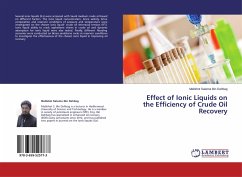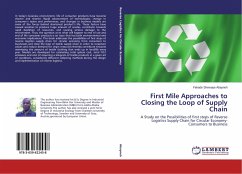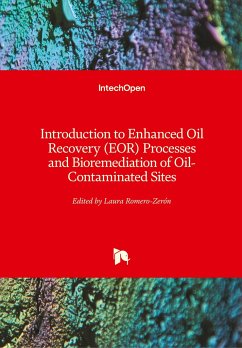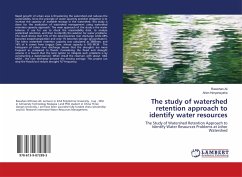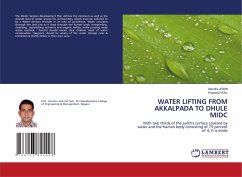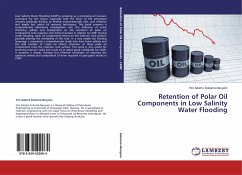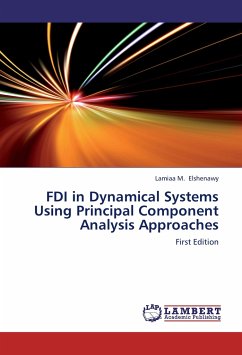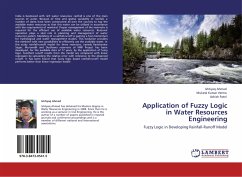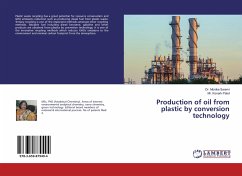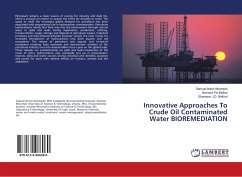
Innovative Approaches To Crude Oil Contaminated Water BIOREMEDIATION
Versandkostenfrei!
Versandfertig in 6-10 Tagen
27,99 €
inkl. MwSt.

PAYBACK Punkte
14 °P sammeln!
Petroleum remains a major source of energy for industry and daily life. There is enough oil reserve to sustain the trend for decades to come. The quest to meet the increasing global demand for petroleum has been associated with proportional rise in hydrocarbon contamination. Petroleum hydrocarbons mostly find their way into the environment through natural seeps or spills and leaks during exploration, production, refining, transportation, usage, storage and disposal of petroleum wastes. Industrial processes and man-induced activities however remain the main routes for increased introduction of ...
Petroleum remains a major source of energy for industry and daily life. There is enough oil reserve to sustain the trend for decades to come. The quest to meet the increasing global demand for petroleum has been associated with proportional rise in hydrocarbon contamination. Petroleum hydrocarbons mostly find their way into the environment through natural seeps or spills and leaks during exploration, production, refining, transportation, usage, storage and disposal of petroleum wastes. Industrial processes and man-induced activities however remain the main routes for increased introduction of hydrocarbons into both aquatic and soil ecosystems. The release of petroleum into aquatic and terrestrial ecosystems resulting from upstream and downstream activities of the petroleum industry runs into several million tons a year on the global scale. These releases are predominantly via spills and leaks.Irrespective of the route of entry, hydrocarbons may eventually end up in groundwater reserves, lakes and water courses serving industrial and domestic purposes and persist for years with adverse effects on humans, animals and the vegetation.



